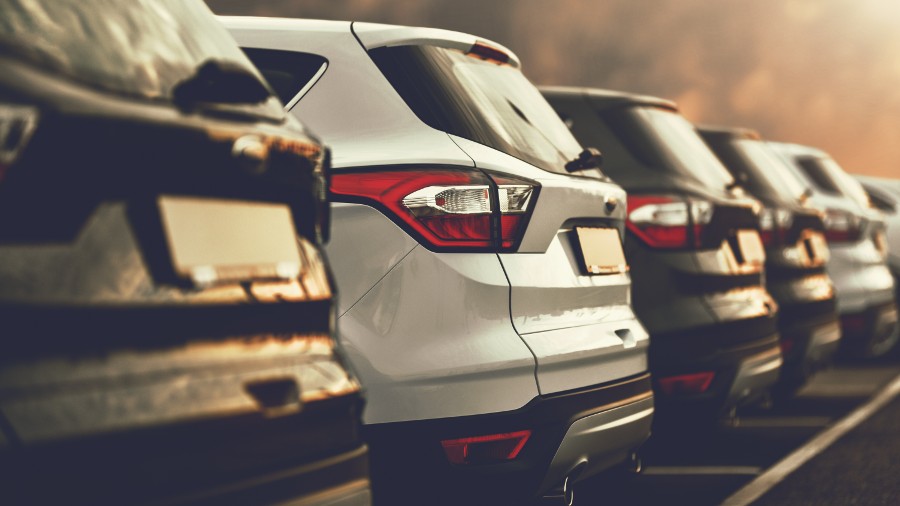What Is Logbook Accounting?
Logbook accounting allows you to calculate your deduction for work-related car use. This is based on actual expenditure and is recorded in a logbook where total kilometres travelled are compared to work-related kilometres travelled over the same period.
The logbook method is a great way to keep track of your car expenses and boost your tax refund by claiming those expenses on your tax return. Like any other legal matter, you need to send records as proof of your car expenses to the Australian Taxation Office (ATO) in order to claim a tax deduction.
Why is it Important?
If you are using your car for daily business operations, you will accumulate more car-related expenses than a person who is only using their car for private use. The logbook method will help you keep track of all car-related expenses – both private and business use.
For example fuel, maintenance, registration and interest on a logbook loan. On the other hand, the cents per kilometre method only allows you to claim a set rate for fuel. This means you miss out on all the other car-related expenses you can claim for.
The logbook method can therefore increase the likelihood of getting a larger tax refund than the alternative cents per km method.
How Does Logbook Accounting Work?
You’ll need to record every trip you take with your vehicle in your logbook, whether that is for private or business use, over 12 continuous weeks. You will then use your logbook to calculate your car’s business use percentage.
Your business use percentage is the percentage of kilometres you travel with your car for business-related purposes. It is also the percentage of all your car expenses you have paid during the year. You will be able to claim a return on these expenses.
Keeping a car logbook makes it easier to calculate your business use percentage and helps provide the evidence that the ATO requires. It is important to note that each logbook is valid for only five years.
If you do not include all the trips you took within those 12 weeks, the ATO may mark your logbook as invalid and may reject all of your car expense claims.



















